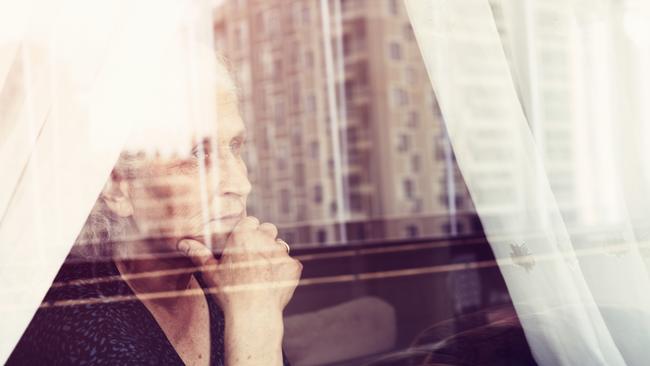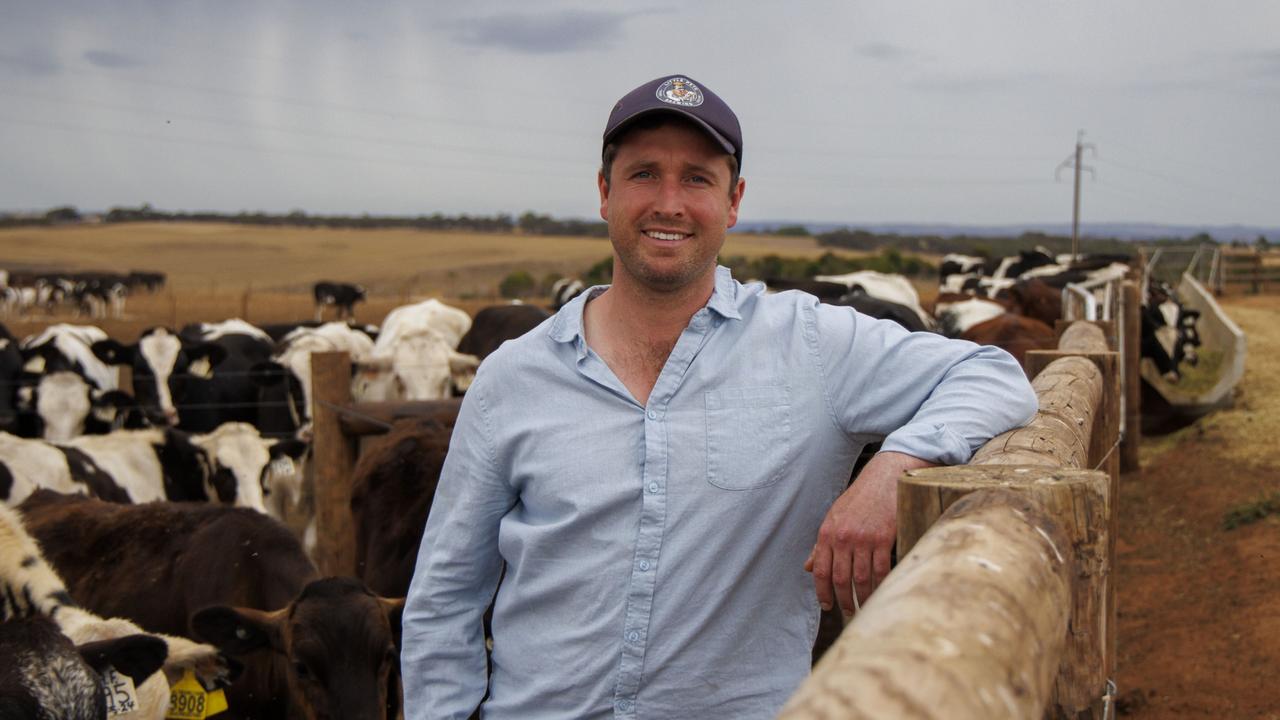Fears of faith-based health withdrawal due to assisted dying bill
A framer of the nation’s newest Voluntary Assisted Dying law has warned faith-based health providers might abandon palliative care unless their ability to opt out of euthanasia is enshrined.

A framer of the nation’s newest Voluntary Assisted Dying law has warned that faith-based health providers might abandon palliative care unless their ability to opt out of euthanasia is enshrined.
South Australian Liberal MP Stephen Murray, key to having the so-called right of institutional conscientious objection written into legislation passed by the state parliament last week, said church-aligned hospitals would drop “many services” including those for the terminally ill if they were forced to go along with VAD “even tangentially”.
The issue, a sleeper in the euthanasia rollout, has been fired by a split in the approaches of South Australia and a government-backed VAD bill in Queensland now before parliament. Existing laws in Victoria, Western Australia and Tasmania are largely silent on institutional objection.
Churches and other critics of the Queensland legislation say it will compel faith-based hospitals to admit outside doctors to help dying patients request VAD and potentially administer the lethal dose on the premises.
Deputy Premier Steven Miles last week said transferring a person who was close to death and in great pain from a hospice that didn’t offer VAD to one that did would add to their distress or deny them access to assisted dying. It was important the scheme provided equal end-of-life choices to people “irrespective of where they live,” he insisted.
The SA law, by contrast, explicitly allows hospitals the right to refuse to authorise or permit “any part” of the VAD process.
“The massive, massive issue with the Queensland approach is in so far as hospitals are concerned it is unworkable,” said Mr Murray, who pushed to amend the original SA legislation to give faith-based providers an out.
“If it were to be introduced in the bill and enforced it would result in the loss of many of the services provided by those institutions which conscientiously object … if they were in the palliative care business and were forced to provide, deliver or be an accomplice in their view to the provision of VAD in those services, they would then cease to provide those services.”
Chief executive of St Vincent’s Health Australia, Lincoln Hopper, said institutional conscientious objection was in “name only” in the Queensland legislation because Catholic hospitals would have to allow entry to outside doctors or others seeking to assist a patient with VAD. “It’s one thing for the bill to grant us capacity to withdraw our hospitals and staff from participating in VAD, but to then allow our facilities to be used by others in the same practice … goes against the very foundations of our work,” he said.
Mater group of hospitals CEO Peter Steer cautioned: “We need our staff and patients to have a strong sense of certainty and safety about the care we provide.”
Catholic Health Australia, which provides 10,000 private hospital beds and 25,000 aged-care places nationally, has warned the Queensland provisions were a template to “crush” institutional conscientious objection.
WA this week joins Victoria in having VAD operational, leaving NSW as the only state not to have a scheme in the works.



